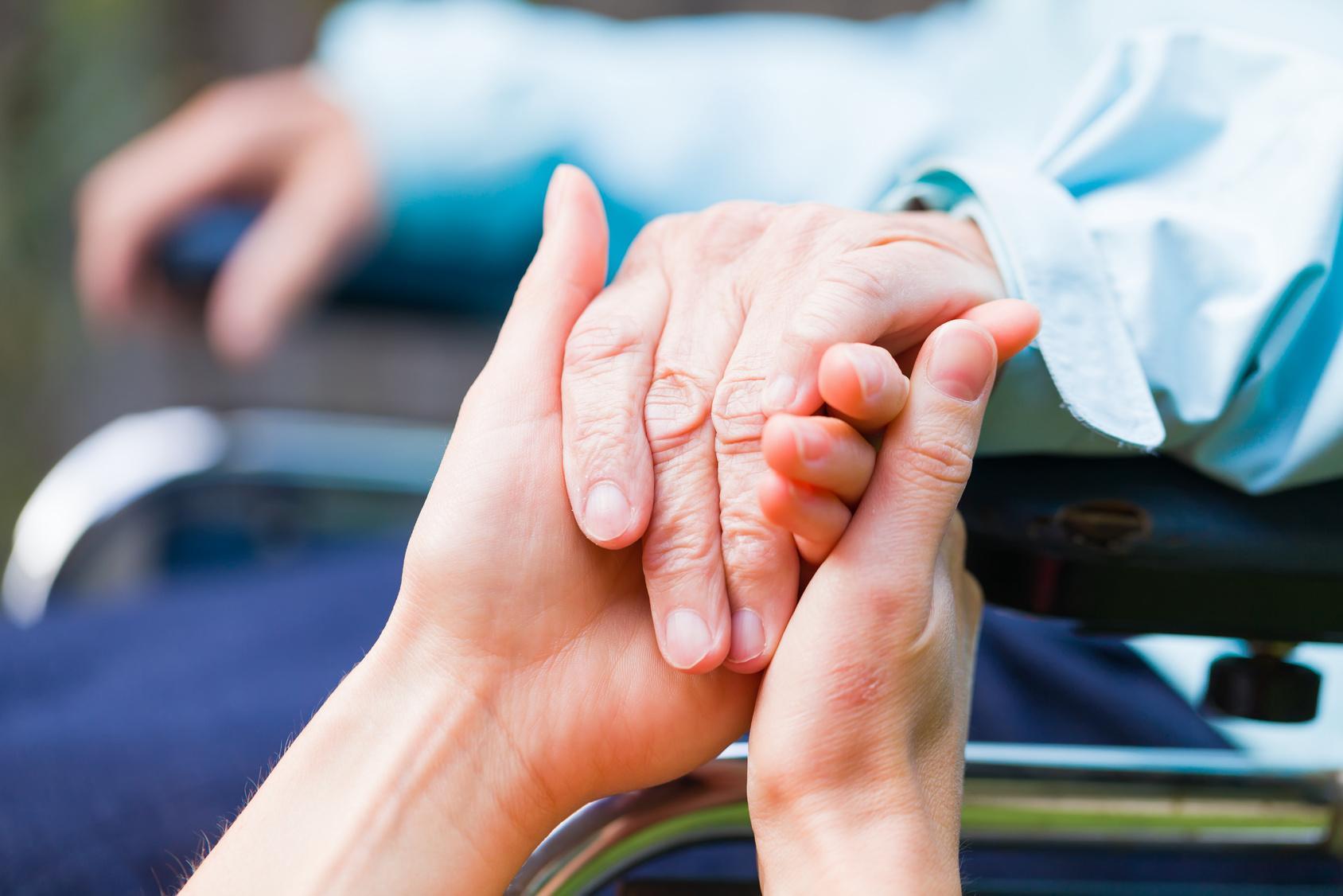Informal caregivers need a coach

A Swiss National Science Foundation study finds that informal caregivers are competent partners and should be supported by a coach.
A Swiss National Science Foundation study has found that informal caregivers should be recognised as competent partners and provided support in using their skills, for instance via a contact desk also available at nights and weekends.
The main brunt of looking after seriously ill people at home is borne by informal caregivers. To help them to deal with this difficult task, they should be provided with systematic support early on, including, for instance, psychosocial assistance and improved access to respite services. These are the findings of a study into the resources and coping strategies employed by informal caregivers.
Developing successful coping strategies
The extent to which informal caregivers experience their situation as a burden hinges not only on the nursing backup and other direct help they receive, but also on the strategies and resources they use. The term “resources” refers not just to financial means, but also to personal criteria such as motivation, social network, skillsets and personality. As part of the National Research Programme “End of Life” (NRP 67), a Fribourg-based team of social science researchers under Beat Sottas is investigating the informal caregiver’s perspective. Interviews were conducted with 25 people from the cantons of Fribourg and Valais who responded to a newspaper article.
The interviewees comprised 20 women nursing a seriously ill husband, parent or sibling, and 5 men looking after their wives. The researchers wanted to know what the informal caregivers feel to be a particular burden and the kind of strategies they develop to cope with what is often a long-term situation.
The study shows that informal caregivers frequently report increasing tiredness and excessive stress, compounded by loneliness, grief, worries about the future, helplessness, powerlessness and a growing feeling of losing control over their lives.
Caregivers’ coping strategies include actively seeking respite or relief, e.g. in the form of professional support services or help from friends and relatives; keeping themselves informed and acquiring skills; sharing experiences with others; accentuating the positive, allowing themselves time off and attending to their own needs. Informal caregivers feel pressured by a strong sense of moral obligation and civic duty to look after sick relatives. “The important thing in this situation is not to lose heart; you also need to find time for yourself and create a certain amount of distance,” points out Beat Sottas.
Partners, not co-patients
The researchers found that, as a rule, what informal caregivers need are not additional respite services, but better information on existing services and financial assistance, a reliable overview of the pros and cons of the options available, as well as social, psychological and spiritual support. As Beat Sottas stresses: “A change of perception is necessary. Informal caregivers are not co-patients, but should be treated as competent partners within the care system.” When it comes to coordinating treatment and support options available to a patient at home, a discussion at a table is far more productive than isolated brief visits from a doctor or domestic care services. It is important that one individual specialist liaises everything. Sottas: “A contact person handling all issues would act as a kind of coach for the informal caregivers.”
(*) Sarah Brügger, Adrienne Jaquier and Beat Sottas (2015). Belastungserleben und Coping-Strategien pflegender Angehöriger (Burdens and coping strategies of informal caregivers). doi: 10.1007/s00391-
-x
(Media representatives can obtain a PDF version from the SNSF at:
)
Contact
Dr Beat Sottas, sottas formative works, Bourguillon (Fribourg)
Tel. +
50 29 or
E-Mail